Indonesian Fruit has really special characteristics. Not only delicious, Indonesian fruit have many benefits for your health. Benefits include being high in fiber yet low in calories, as well as being high in vitamin, nutrient, and mineral value. Here are the lists of Indonesian fruits that are good for your health:
Mangosteen, Indonesian Fruit
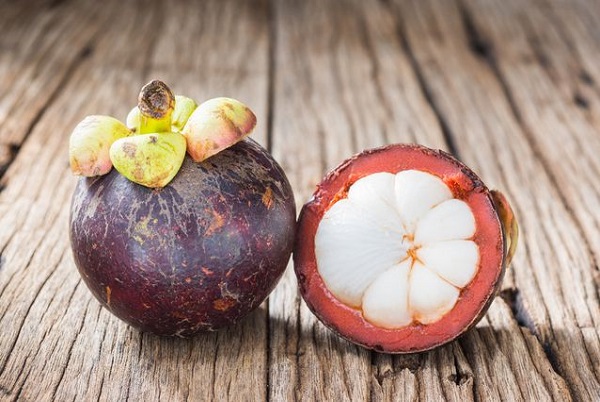
The fruit is highly valued for its juicy, delicate texture and slightly sweet and sour flavor, and it is easy to find the ripen fruits here in Indonesia. The mangosteen has been cultivated in Java, Sumatera, mainland Southeast Asia, and the Philippines since ancient times. The benefits that you can get from this fruit are Mangosteen fight cancer, Mangosteen lower blood sugar, Mangosteen reduces cholesterol and Mangosteen as anti-inflammatory.
Read also: Indonesian Fruit: Mangosteen
Sukun (Breadfruit), Indonesian Fruit
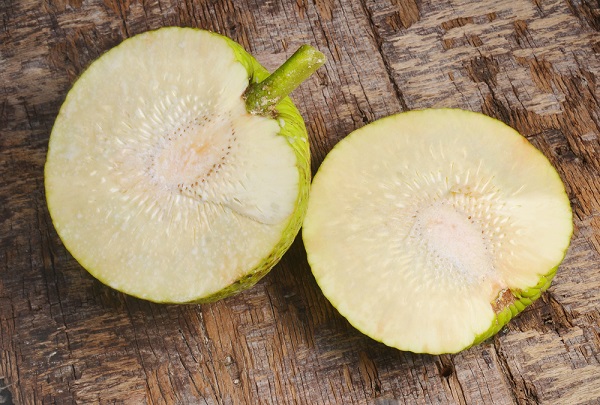
In Indonesia, Sukun is not staple food. The fruit is more popular as snack, whether it is deep-fried, boiled, or steamed. Breadfruit offers almost half the daily recommended fiber value in one serving and more than 100 percent of the vitamin C you need each day. By consuming this Indonesian fruit, Sukun, you get many benefits, such as prevent and reverse oxidative stress, low fat content, boost your immunity, and reduce the immunity.
Read also: Indonesian Fruit: Getting to Know Sukun (Bread Fruit)
Salak (Snake Fruit), Indonesian Fruit
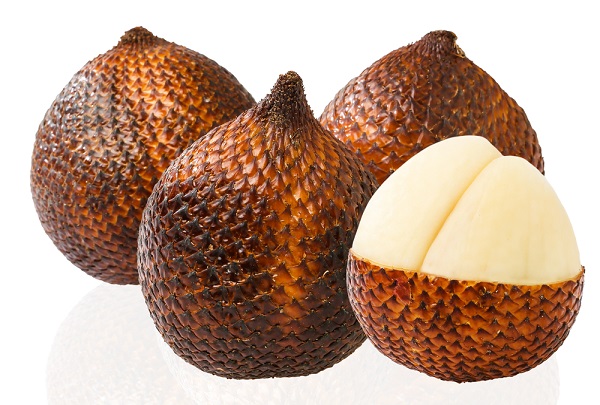
Some of these Indonesian fruits may look similar to those that you find in other places across Asia, while some others can only be found here in Indonesia. One of them is Salak (Snake Fruit). Salak has important nutrients, vitamins, and minerals for your body health.
Consuming 100 gram of Salak provides 3.9 mg of Iron, 0.2 mg of Vitamin B2, 8.4 mg of Vitamin C, 12.1 g of Carbohydrate, 38 mg of Calcium, 18 mg of Phosphorus, 0.8 g of Protein, 0.4 g of Total Fat and 0.3 g of Total dietary Fiber. This fiber is very important to help the diet program and can offer a feeling of fullness. It is good food intake of fiber supply as well as functioning to immunity, anti-oxidant and able to combat diarrhea.
Read also: Everything You Need to Know about Snake Fruit or Salak
Sirsak (Soursop), Indonesian Fruit
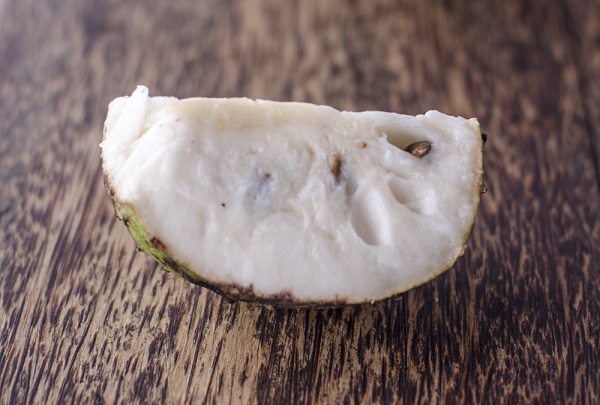
Soursop (Bahasa Indonesia: sirsak) is the fruit of Annona muricata, a flowering, evergreen tree. Those who have never seen a soursop before are often amazed by its elongated shape with green skin that has has a soft prickly appearance.
The anti-cancer properties of this fruit have been a topic of research over the past 40 years. Since the 1970s, more than 20 laboratory studies have been conducted on soursop-derived compounds. These studies have shown that soursop may have the potential of destroying malignant cells in 12 different types of cancer including prostate, breast, lung, colon, and pancreatic cancers.
This exotic fruit offers a wealth of health benefits. People in African and South American countries have used the bark, leaves, root, and fruits of Soursop tree to treat infections with viruses or parasites, rheumatism, arthritis, depression, and sickness.
Read also: Indonesian Fruit: Soursop May Help Cure Cancer
Kedondong (Ambarella), Indonesian Fruit
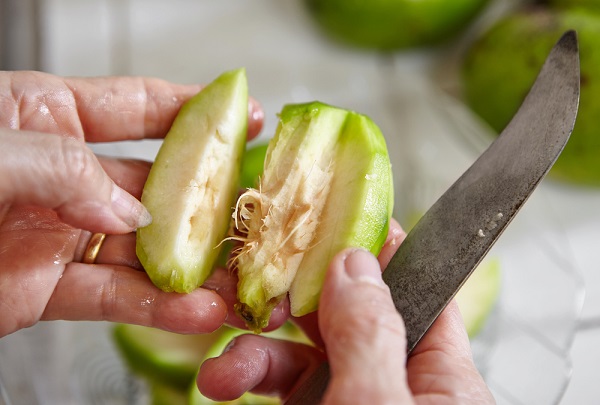
Kedondong is known as ambarella or Spanish plum. The tree is native to Southeast Asia, and it is widely cultivated in Indonesia, Malaysia, India, Sri Lanka, and some parts of Africa and Southern America for its fruits and leaves. The leaves and the bark of Kedondong are widely used as a therapeutic agent due to its flavonoids, saponin, and tannins contains. The fruit is dense in nutrients and improves overall health, such as: boost immune system, help treat cough, treat digestive problems, source of energy, and help in weight loss.
These are just some of the Indonesian Fruits, good for your health.





